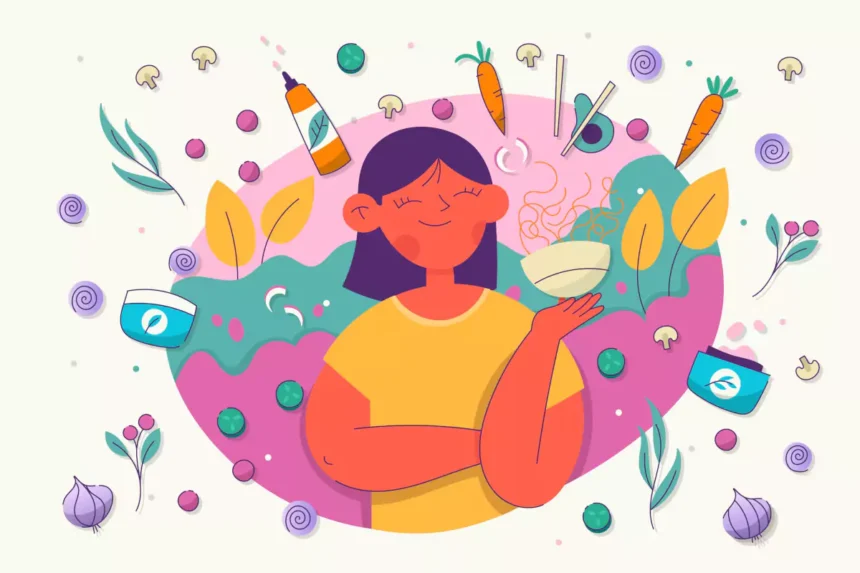Everyone seems to be talking about sustainability these days, and that’s great!
Yet, despite all the talk of sustainable living and the mountains of evidence showing how industrial farming and meat consumption are harming the environment, there’s still a lot of scepticism surrounding plant-based diets.
From “Eating meat makes us human” to “vegans are evil“, there’s no shortage of myths and lies about veganism.
We at QNET have been promoting green, sustainable living from the very beginning. We’ve decided to set the record straight and debunk five of the most common myths related to meat-free eating.
Myth 1: Veganism isn’t healthy
Protein, vitamin B12 and iron are required by the body. Same with calcium. So, by saying no to meat and dairy products, which are no doubt rich in these nutrients, vegans are doing their bodies harm, right?
No.
Ensuring you’re in optimum health entails maintaining a balanced diet. But nutrients can be obtained from a variety of sources. For example, not eating meat doesn’t make a vegan diet protein-deficient because tofu, lentils and chickpeas serve just as well.
Also, here’s an important fact: consuming meat doesn’t make you healthier. In fact, eating too much increases the risk of bowel and stomach cancer and other health conditions.
Myth 2: Vegans consume harmful soy
First things first, ditching meat doesn’t mean loading up on soy foods like edamame, tempeh, tofu, and soymilk. But more importantly, there’s little truth in the story that consuming soy can lead to cancer.
The basic dispute over soy’s safety appears to centre on the fact that it contains isoflavones, an estrogen-like compound that can adversely affect th body. But new research has shown that not only is soy safe, it’s also good for you!
Soy foods are rich in nutrients like potassium, magnesium, and protein. Plus, they’re cholesterol-free, low in saturated fats and an excellent source of high-quality protein.
Myth 3: Vegans are weak
One of the most ridiculous myths about plant-based diets is that you’ll sacrifice strength and performance.
But elite athletes like Venus Williams, Lewis Hamilton, and former world heavyweight boxing champ David Haye prove that vegans are just as strong as their meat-eating counterparts.
True, our bodies aren’t all the same, and we have different needs. However, most people — pro athletes included — don’t need to consume eggs, meat and dairy to ensure an adequate protein intake. A balanced plant-based diet works just as well.
By the way, did you know that Roman gladiators were mainly on plant-based diets? That’s right. The fiercest warriors in history didn’t require meat to prove their strength!
Myth 4: Going vegan is expensive
Thanks in part to celebs and social media influencers, veganism’s gained a reputation as being costly.
Meat eaters often point to expense as a key reason for not going vegan. The truth, however, is that vegan meals can not only be inexpensive, but they’re also cost-effective too!
It’s true that some processed plant-based products like vegan burgers and ice cream can sometimes cost more.
But that’s generally not the case. Furthermore, fish, poultry, dairy and, especially, meat, have actually risen in price lately due to pandemic-related supply chain issues.
Myth 5: Going vegan is too hard
Does making a conscious decision to do away with fried chicken and steak necessitate a period of adjustment? Yes. Will it require commitment? Yes. But these are no less or more difficult than any lifestyle change.
The first step towards eating better is ensuring that you’re sure about your motivations and goals. And once you’ve done that, experts suggest beginning gradually.
You can start by replacing the milk in your cereal and coffee with soy or almond milk. Then progressively remove meat from your diet. You could even consider going vegetarian first before slowly transitioning to veganism.
At the end of the day, whatever your motivation, there is no downside to choosing a cleaner, greener lifestyle. But it helps to be sure of the facts.





